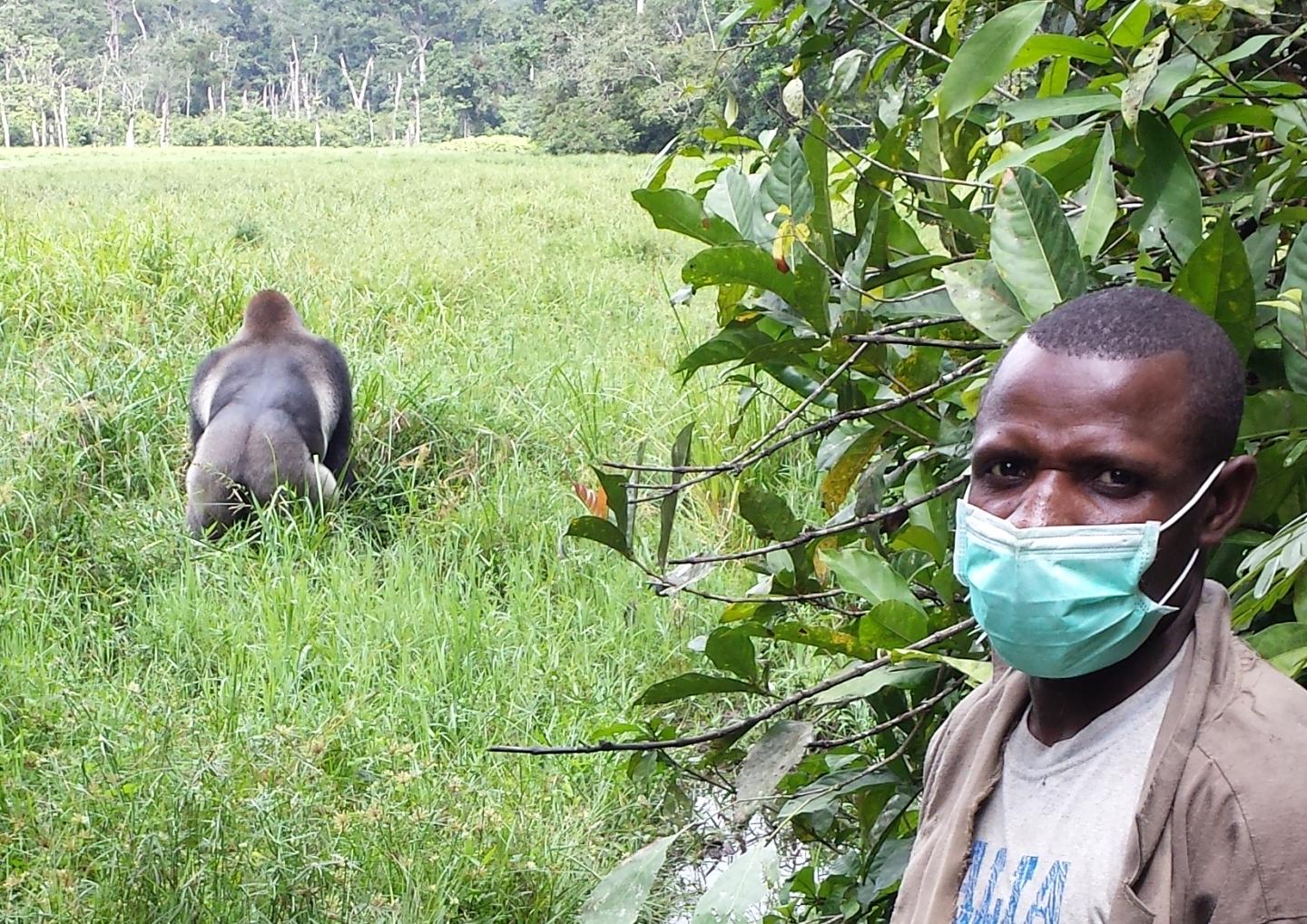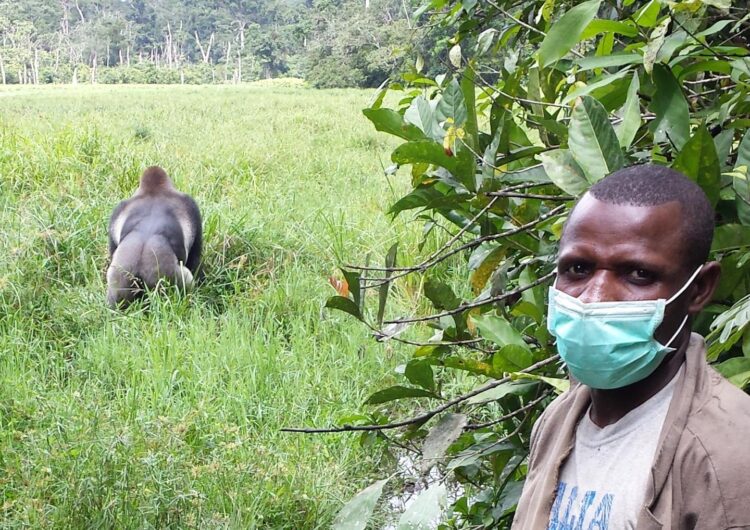
Credit: Image credit: Sophie Gryseels
There’s considerable risk that humans transmit SARS-CoV-2, the virus that causes COVID-19, to wildlife, according to a perspective article published in Mammal Review.
The authors noted that if SARS-CoV-2 were to infect and spread among wild mammals, it could potentially cause disease in some populations, in turn further endangering already threatened species.
Also, if SARS-CoV-2 could be sustainably transmitted among some mammalian populations or communities, this would create new animal reservoirs that could repeatedly source new outbreaks in humans and other animals.
The researchers urge people to take sanitary precautions when in direct or indirect contact with wild or feral mammal species to prevent human-to-wildlife SARS-CoV-2 transmission.
“We really should avoid turning our pandemic into a multi-species problem,” said lead author Sophie Gryseels, PhD, of the University of Antwerp, KU Leuven, and the University of Arizona. “It’s difficult enough to control the SARS-CoV-2 in human populations–imagine what it will be like if it spreads among wild mammals. They could also get sick and form a reservoir from which they can then again infect humans, but we can’t ask animals to wear face masks and keep physical distance.”
###
Media Contact
Wiley Newsroom
[email protected]
Related Journal Article
http://dx.





